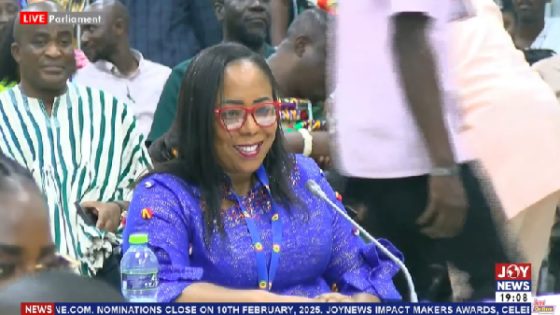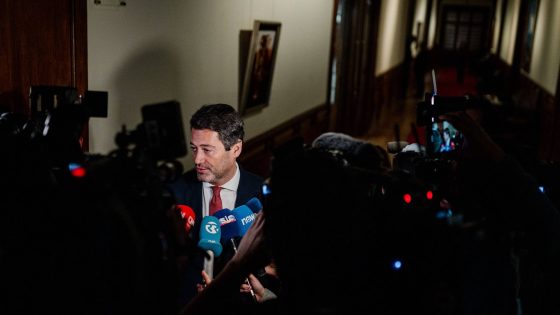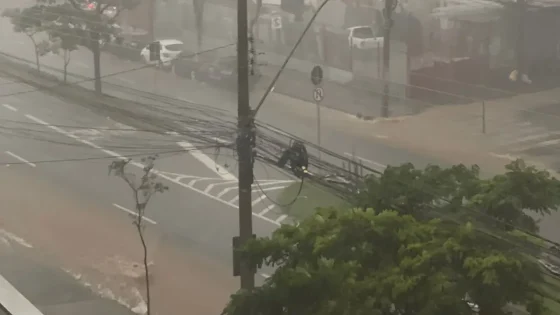On February 4, 2025, the Ministério Público Federal (MPF) urged that the Lei da Anistia should not apply to the case of military officer Carlos Alberto Brilhante Ustra. This request could allow for the prosecution of Ustra for crimes committed during Brazil’s military dictatorship, a significant shift from the protections established in 1979. How will this impact the legacy of human rights violations in Brazil?
- MPF requests exemption from Amnesty Law for Ustra.
- Collective moral damages sought against Ustra.
- Audir Santos Maciel also targeted in requests.
- Prosecutors appeal STJ minister's individual decision.
- Case initiated in 2008 regarding Doi-Codi.
- Doi-Codi linked to human rights violations.
MPF Seeks Accountability for Ustra’s Actions During Brazil’s Dictatorship
Could this legal move finally bring justice for victims of the dictatorship? The MPF is also requesting collective moral damages against Ustra and Audir Santos Maciel, both of whom led the notorious DOI-CODI, a center for intelligence operations known for human rights abuses from 1970 to 1976.
Legal Challenges and Historical Context of the DOI-CODI
The legal proceedings against Ustra began in 2008, aiming to address the systematic violations of rights under Brazil’s military regime. The DOI-CODI was infamous for its brutal tactics against political opponents. This case raises questions about the effectiveness of past amnesty laws and the ongoing fight for justice.
Impact of the MPF’s Request on Human Rights in Brazil
The MPF’s push to disregard the Lei da Anistia for Ustra could set a precedent for future cases. This could encourage more victims to come forward and seek justice. Here are some key points:
- Potential for Ustra’s prosecution opens doors for other victims.
- Legal accountability may challenge the legacy of the military dictatorship.
- Calls for collective moral damages highlight the need for reparations.
- International attention could influence similar cases globally.
Broader Implications for Justice Movements Worldwide
This case is not just about Brazil; it reflects a global struggle for justice against historical injustices. Many nations grapple with how to address past human rights violations. As Brazil navigates this legal battle, it could inspire movements in other countries seeking accountability for similar abuses.
In conclusion, the MPF’s actions against Ustra could mark a turning point in Brazil’s pursuit of justice for human rights violations. This case serves as a reminder of the importance of accountability and the ongoing fight for victims’ rights, resonating far beyond Brazil’s borders.












![[KEMASKINI] 2 cedera dilanggar Hilux, Vios di Jalan Klang Lama](https://news.faharas.net/wp-content/uploads/2025/01/Shocking-Collision-2-Injured-in-Hilux-and-Vios-Crash-on-560x315.jpeg)



















